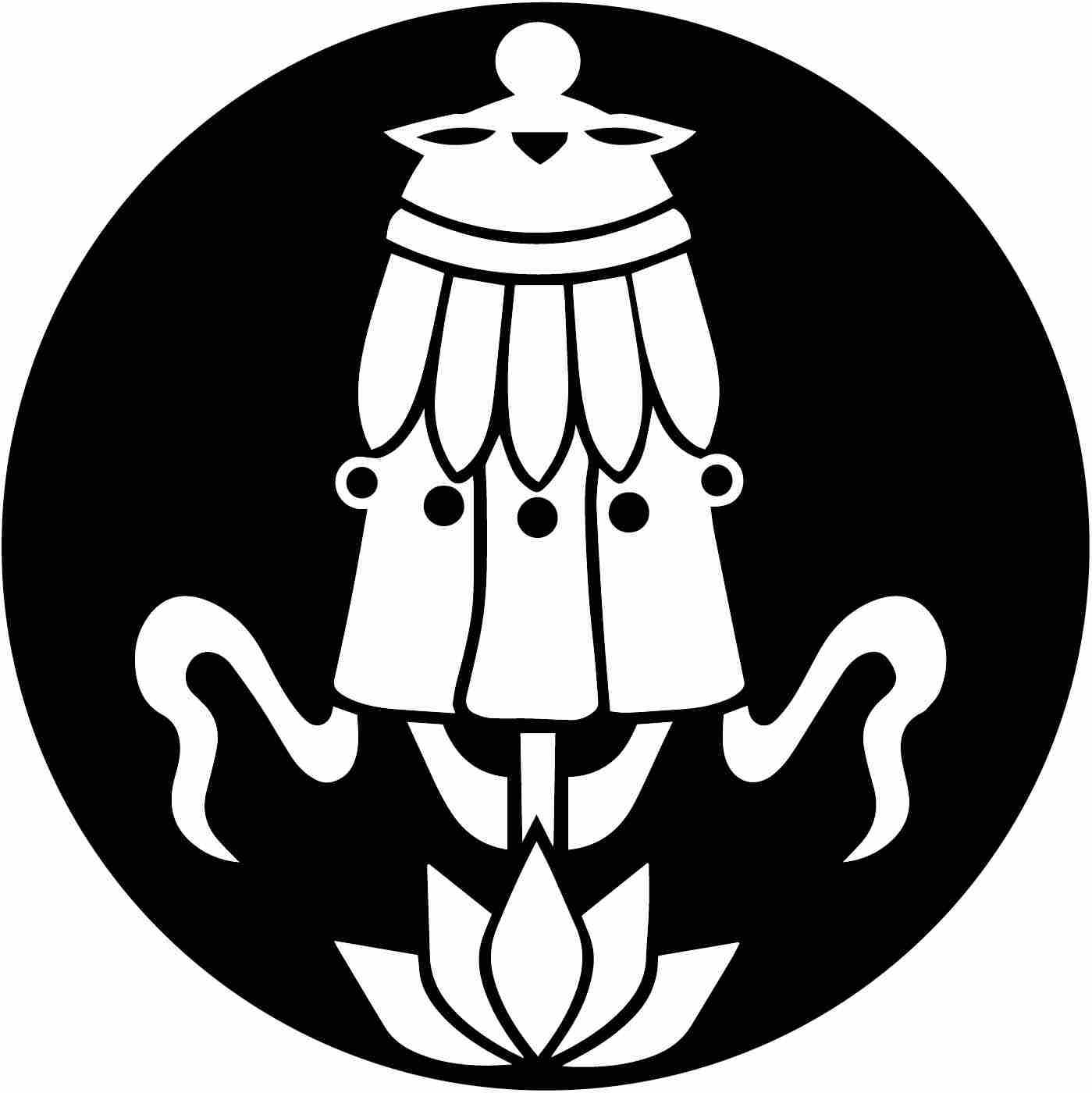When One Hunts the Wolf

His mother refuses to tie my hands, but the boy insists. She stands shining a flashlight in the doorway, a pair of rubber boots on her feet, as the boy leads me into the room. The woman is tired, a fatigue that goes beyond the hour of the night, her fingers clutching the latticed qana as if the ger walls are holding her up. Conversely the boy is filled with energy, a hunter galvanized by blood. Once we are inside, I hold my wrists out to him, a small offering, but he shakes his head and wrenches my arms behind me. For a child of about twelve, there is such strength in his grip as he binds my hands with an extension cord. The boy makes a double knot. I realize my mistake. What I think is energy is anger.
In the center of the room the grandmother is blowing into the stove as she tries to get the flame to catch. The ger is large, its one room big enough to accommodate several families, but from the look of things only adults sleep here. Two teenaged girls run in, one in western-style pajamas, the other in a yellow deel. When I see the girl in the yellow deel, her long black hair coiled around her head in a traditional style, my face burns hotter. I lock my eyes on the floor, which is layered with fine rugs, the top rug patterned with small blue flowers.
See, says the boy. He walks over to a small radio set lying on a table. He turns a dial on the radio while still holding his gun. It isn’t a wolf, he says.
Is this necessary, says the grandmother.
He’s a thief, the boy says.
The girl in the yellow deel looks at me. I imagine my face is the same color as my robe, the top of my shaved head crimson with shame. I recognize him, the girl says. My hands are beginning to numb. I wish for a hole where I might crawl in and be swallowed up straight to the underworld, that I might be instantly reincarnated as the fly that lives in the wet dung of the yak. He’s from Yatuu Gol, she says. He likes to eat western candy bars.
No, yawns her sister. The monk you’re talking about lives in the capital now after ruining that girl. The way she says it, the flatness of her intonation, as if she is merely describing an episode on the television. I do not contest her version of events though what she says is not entirely accurate. Unfortunately there is more truth in what she says than not. Even when robed, my brother is not shy about knowing women. I can only imagine what adventures he is up to in Ulaanbaatar.
Mun is my twin, I say in a soft voice. And yes, he now lives in the city.
And where are you headed, asks the grandmother. She remains squatting by the stove, her steel-gray hair falling past her waist.
I am among the lost, I say. I wonder what the Rinpoche would think to see me kneeling here on the floor of a rich man, the Rinpoche’s watch still faithfully keeping time on my wrist.
The boy manages to raise someone on the radio. He rests his gun across his shoulders. In the firelight I can see it is a Russian rifle from the days when the Soviet Union is our nation’s friend. Earlier outside when I hear the sound of the hammer cocking, I look over and see him standing in the shadows, his face lined like a man’s. Stealing livestock in Mongolia is among the oldest of crimes. Though it is extremely rare, people sometimes kill when defending their animals. But the moon comes out from behind a cloud and the boy sees my robe. In the moonlight, confusion clouds his face. In the new Mongolia, the killing of a monk is among the worst crimes. I can see the boy working out the equation in his head as the little girl with the blackened face slips away into the night. This is how I am meant to serve. When one hunts the wolf, one needs the blood of the sheep to light the way to the pit. Yes. I do what I am brought along to do. I get caught so that others might go free. The little girl is right. I am like that sheep with its head stuck in the truck’s slats. Either you get to Ulaanbaatar or you don’t, she says. Even now in my darkest hour I must keep believing in the truth of her statement. Either I arrive at Ulaanbaatar’s Gandan Tegchenling Monastery by sundown tomorrow or I don’t. I must maintain thinking like a holy man or I am only one more being among the desperate.